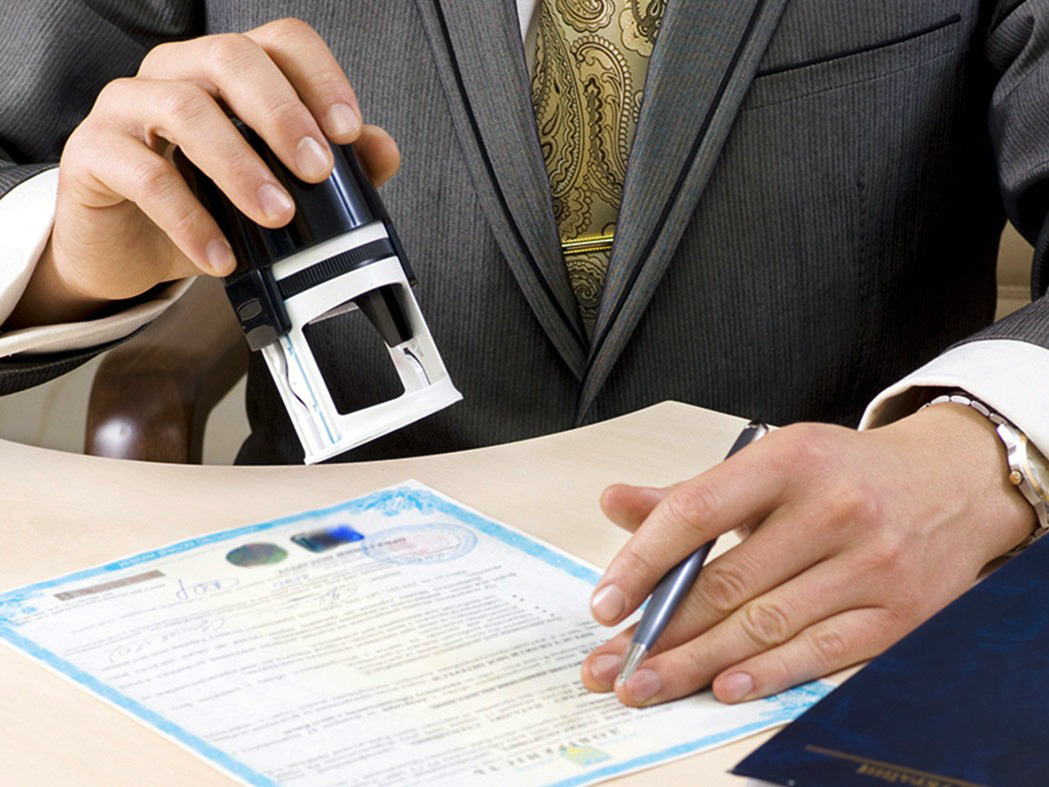Cargo certification is carried out in order to confirm the safety and quality of products. Goods that are imported into the Russian Federation must comply with the established norms and requirements. These may be requirements not only of Russian legislation, but also the requirements of the transit or a destination country. Due to the complexity of the preparation of documentation and the associated time costs, cargo owners often require third-party assistance in certification.

What exactly to draw up
Domestic standards prescribe certification or declaration of goods. But the list of events and documents may differ:
-
GOST R - this system checks the quality and safety of various equipment, some building materials, books;
-
TU - confirm compliance with special technical conditions. They are developed specially or used previously developed technical specifications;
-
TR CU or TR EAEU - food products, equipment, transport, light industry goods, cosmetics and perfumes, etc.;
-
CSR - a certificate of state registration is required for products containing GMOs, baby products, etc.
-
fire safety certificate - flammable materials, for example, building materials, are subject to certification.
There are other types of certificates. If none of the documents needs to be drawn up, at the customs you need to present a rejection letter, which is also drawn up at a certification center. It confirms that the products should not be accompanied by permits.
Lack of documents means that the cargo cannot be transported across the customs border. If the goods are already at customs, then the documents will have to be processed while the goods are at the TSW. We recommend you to take care of the availability of appropriate certificates and declarations in advance.
Carrying out certification
Technical regulation is currently carried out almost entirely at the level of the Eurasian Economic Union. The national standards of the EAEU member states from the date of entry into force of the EAEU technical regulations do not apply.
How to certify products, what documents need to be provided, when the certificate is received - all this is determined by the Decision of the Council of the Eurasian Economic Commission dated April 18, 2018 No. 44 "On standard conformity assessment schemes" and the EAEU Technical Regulations. Forms, schemes and conformity assessment procedures established in the Technical Regulations are adopted subject to the Decision of the EEC Council, but they may differ from those provided for by the Decision. When choosing forms and schemes of conformity assessment, dangerous factors are taken into account and risks specific to products are analyzed.
Certification or declaration is not carried out without the provision of constituent documents of the company and documentation for the cargo, which, in particular, includes: Rules, TIN, OGRN, contract with the manufacturer (when importing), invoice, HS codes.
Confirmation of compliance of products to the requirements of technical regulations can be performed in any accredited product certification body at the choice of the applicant. If laboratory research or measurements are required in accordance with the standard scheme, then any properly accredited laboratory or center can be selected.
If certification is performed in the GOST R system, then both a domestic company and a foreign one can apply. If documents are drawn up in accordance with the TR CU and the EAEU, then only a domestic company can act as an applicant. Firms registered abroad must act through an intermediary.
The process will consist of several stages:
-
Contacting the certification center.
-
Preparation of documents and application submission.
-
Laboratory research.
-
Issuance of a permitting document.

In some cases, a product certification expert goes to production. The applicant has the right to choose from several possible conformity assessment schemes.
Benefits of certification with SB Cargo
If you apply to the certification center on your own, then you need to prepare all the documents yourself, and this can take a long time. Various errors are not excluded due to ignorance of some peculiarities, nuances.
Why we:
-
We provide assistance in collecting the necessary documents.
-
We provide advice.
-
We keep reporting.
-
We act within the framework of the law.
-
We are aware of all changes in norms and laws.
-
We do not delay the process - we receive permits as soon as possible.
-
We work in the interests of the customer.
-
We help with the registration of any goods.
-
We will carry out certification or declaration within the framework of one contract for customs and logistics services, if necessary.
-
We provide services at a reasonable price.
Calculation of customs payments, classification of the EAEU HS code is carried out on a paid basis, as part of a personal consultation. We need to provide a foreign trade agreement with the supplier, an invoice, a packing list for a ready-to-ship consignment.
You can find out more about the features of customs clearance of various categories of goods in the "Useful information" section by using the search. You can calculate customs payments yourself using our calculator.